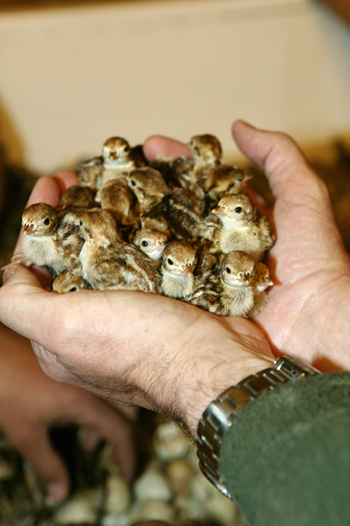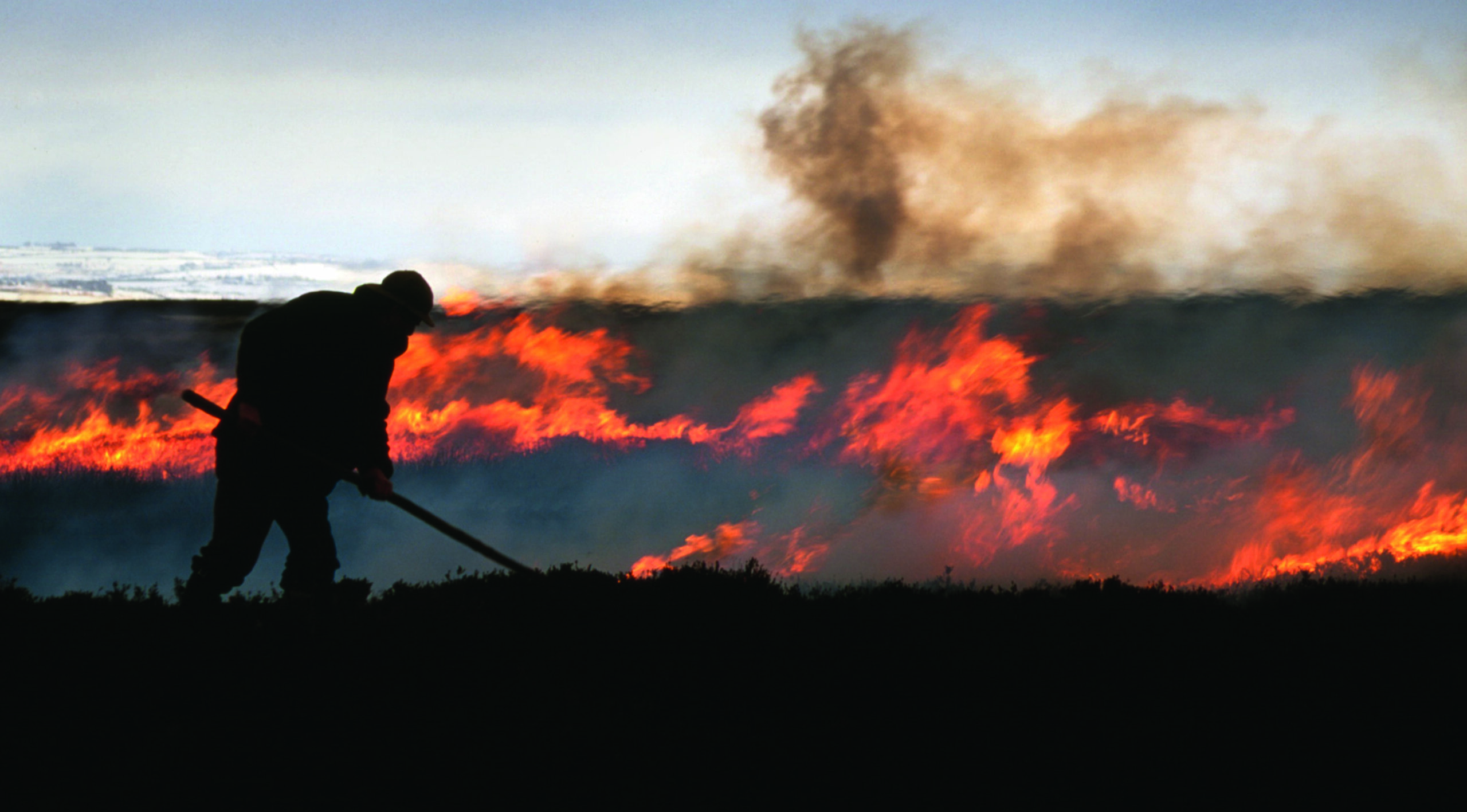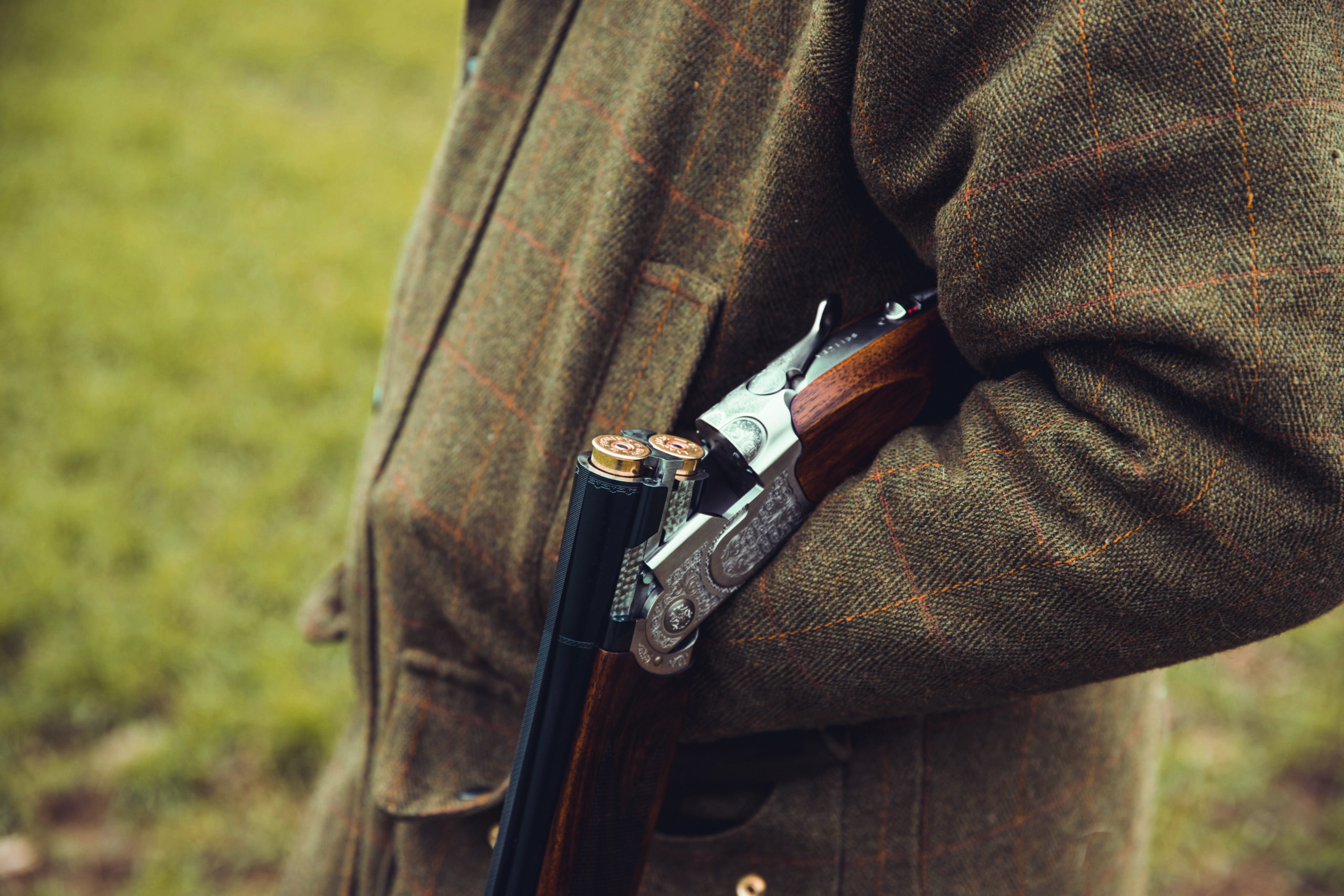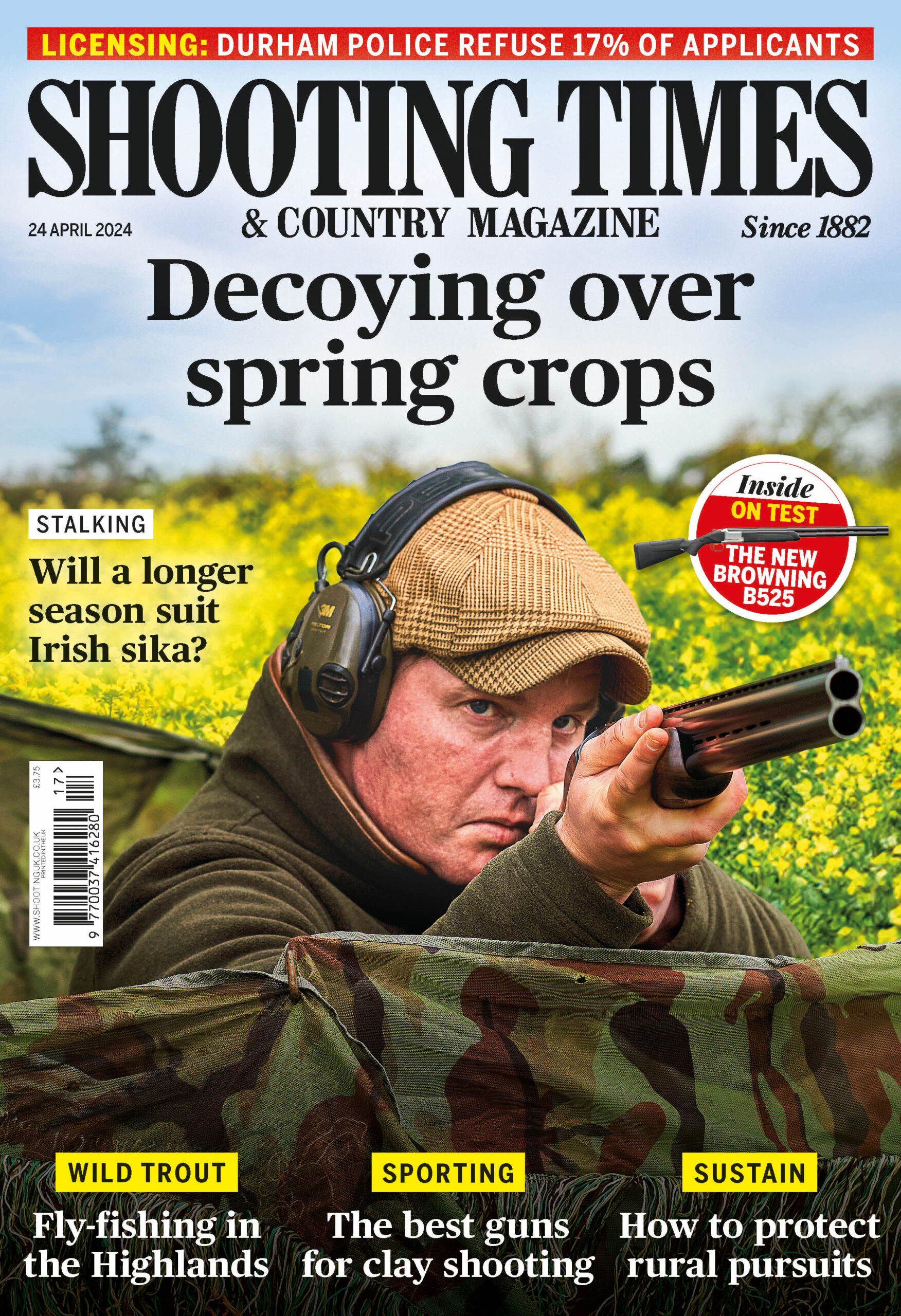Bird keepers in Britain to face further taxation

The suggestion is that those that keep animals should pay for the cost of dealing with outbreaks of notifiable animal diseases such as foot and mouth disease and avian influenza, and the promotion of animal welfare.
In return, it is suggested that those who pay should have a bigger say in how the government implements animal welfare and disease controls.
It is thought the cost to the taxpayer in tackling the spread of disease in cattle, sheep and turkeys last year was over £120 million, taking into account compensation packages, veterinary costs and the need to set up surveillance and protection zones to prevent the spread of diseases.
It is estimated that the outbreak of Foot and Mouth disease in 2001 cost the taxpayer approximately £2.7 billion. A public consultation is due to begin in October, with a view to passing a major new law within two years.
Charles Nodder, political consultant for the NGO, writes in the Autumn edition of the NGO magazine Keeping the Balance: “The drive for this new law appears to have come from DEFRA’s budget being pushed to breaking point from tackling recent outbreaks of notifiable diseases. The government wants to offload these costs back onto the industries that ’cause’ them. They argue that the premise is similar to the ‘polluter pays’ principle.”
What this means for gamekeepers is not entirely clear.
Mr Nodder raises several pertinent questions to which he received rather ambiguous responses from DEFRA, including whether or not shoots as well as those that rear game would be subject to the tax, how the shooting industry would be represented on the new body governing animal welfare and disease management, and whether or not those who keep game birds would be levied to pay for disease outbreaks in other animals, such as avian influenza in poultry.
It is also questioned how this tax would be enforced, and whether DEFRA would use the GB Poultry Register to “find and tax gamebird keepers.”
The scheme has already been beset with problems, with the Scottish and Welsh administrations announcing that they do not want to be involved, and the National Farmers’ Union withdrawing from negotiations.
However, Mr Nodder suggests that changes are inevitable: “Similar initiatives are already being discussed in parts of Europe, and there is some sort of a case to be made that leaving animal disease management to the government has not worked particularly well in the past, has cost a huge amount of money and might be done better by those who truly understand animals – namely the people that keep them.”








